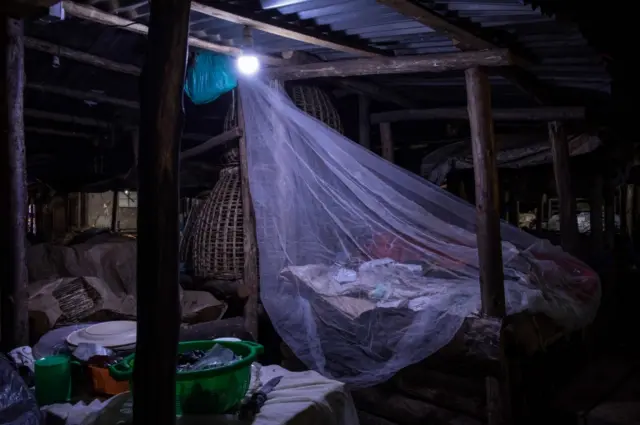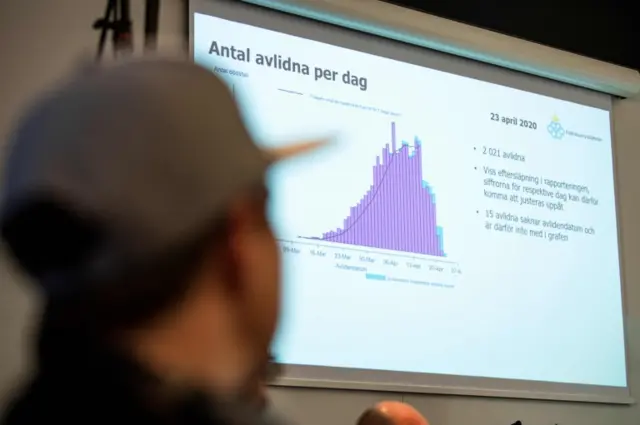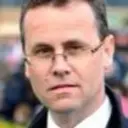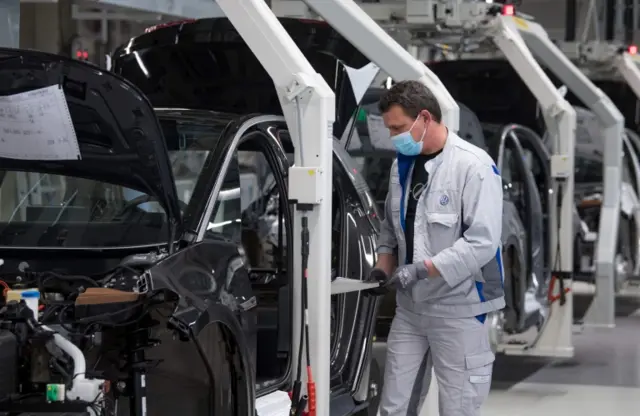WHO issues malaria warningpublished at 14:57 BST 23 April 2020
 Anne Soy
Anne Soy
BBC News, Nairobi
 Image source, AFP
Image source, AFPThe supply of nets, which are one way of preventing malaria, may be impeded during the pandemic
The World Health Organization (WHO) is warning that the number of deaths from malaria in sub-Saharan Africa could double this year because of the pandemic.
A new modelling analysis by the organisation says nearly 760,000 people in the region could die from malaria in the region in 2020, if there is severe disruption to access to the medicine and insecticide-treated nets that help prevent malaria.
That, the WHO warns, could lead to a return to malaria mortality levels last seen 20 years ago.
At the best of times, African countries account for over 90% of more than 400,000 deaths from malaria recorded each year. But because of the pandemic, borders are closed, air travel is suspended and movement severely restricted in most countries.
The organisation is urging countries to use this time, when Covid-19 cases are still low in Africa, to increase the distribution of malaria prevention and treatment commodities.










